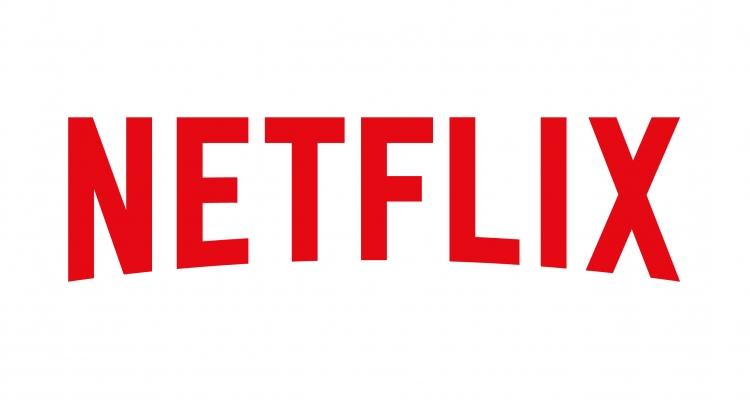Netflix is ready to sit at the grown-ups table. The streaming service made some major noise this morning, earning 15 Oscar nominations (including 10 for “Roma”) and is now positioning itself to sit among the top Hollywood studios as a member of the MPAA.
THR is reporting that Netflix is in “advanced talks” to join the Motion Picture Association of America. This is a huge, and unprecedented, move for the streaming service, which continues to struggle to gain respect among various industry folks. The MPAA is comprised of the six largest Hollywood studios. Adding Netflix would open the door to other non-studio companies to have a seat at the influential table.
The report claims there are a couple reasons that Netflix could be the trailblazer for other non-traditional studios to join the association. First, with Fox and Disney merging this year, there will be one fewer studio as a member. And with annual dues reportedly around $10-$12 million, the MPAA would love to have Netflix come in and fill that void.
READ MORE: ‘Roma’ Gives Netflix Its First Best Picture Nominee
Secondly, Netflix heads Ted Sarandos and Reed Hastings have been steadfast in their attempts to make the streaming service, not just a legitimate film studio, but also a respected industry force. And with films like “Roma,” “The Ballad of Buster Scruggs,” and this year’s “The Irishman” getting headlines thanks to their incredible trio of respective filmmakers, Netflix hasn’t just become a little studio trying to make good, but instead, is now a powerhouse that tied for second-most nominations at this year’s Oscars. And if “Roma” keeps its momentum, we could be looking at a world where Netflix earns quite a few trophies in February.
READ MORE: AMC, Regal, & Cinemark Ban ‘Roma’ From Oscars Best Picture Special Events
The report also claims that Netflix’s inclusion into the MPAA could open the door for others, such as Amazon Studios, to join the group as well.
Joining the MPAA would also add to the streaming service’s legitimacy, which still gets called into question by film festivals and most notably, theater chains, who refuse to screen the service’s films.

